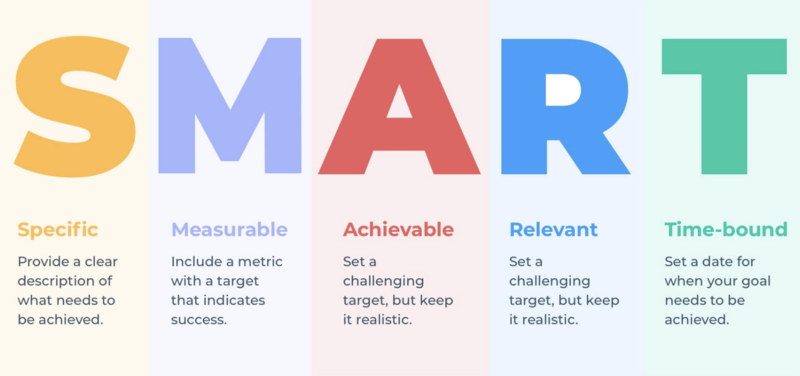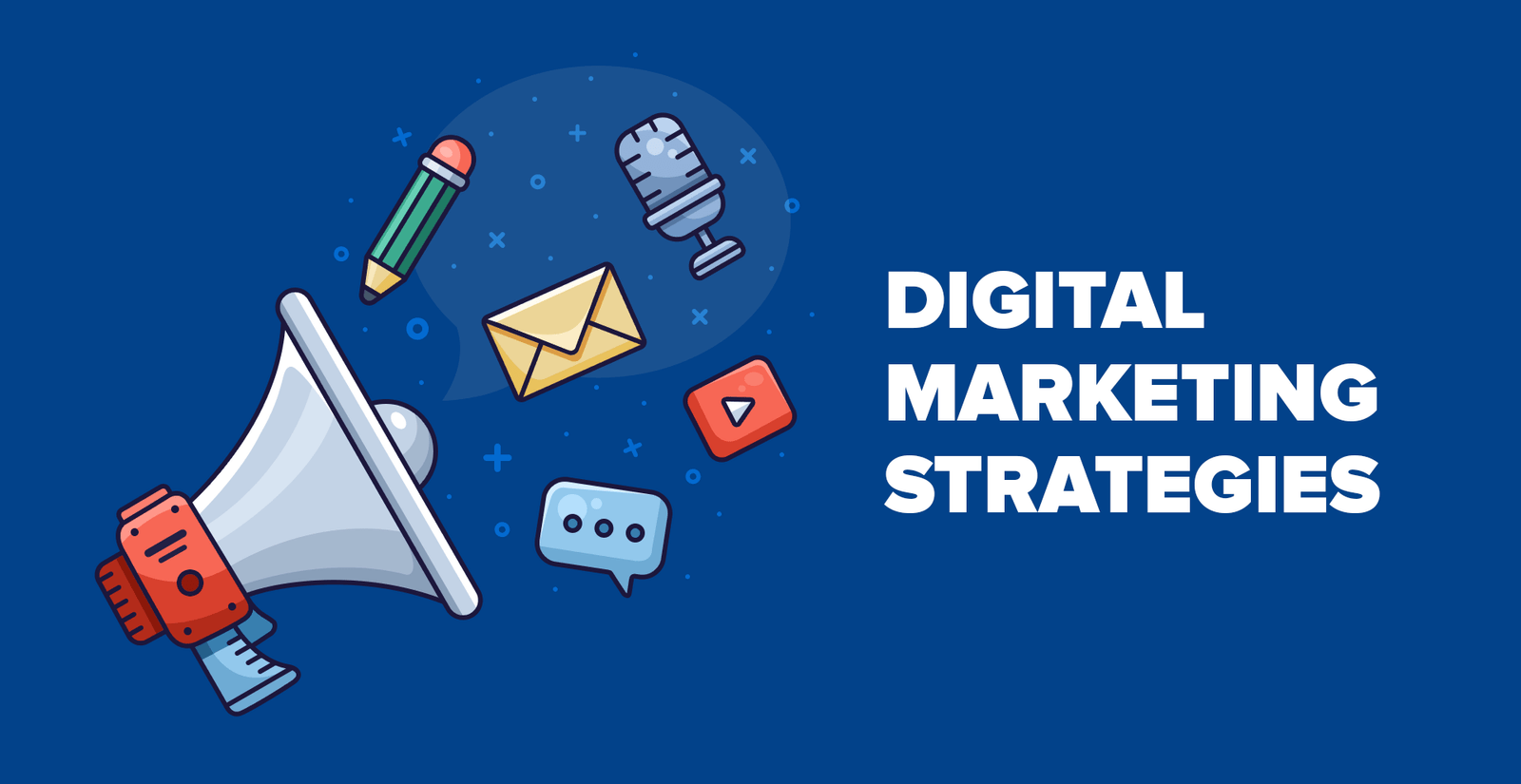In the fast-paced world of digital marketing, crafting a strategy that cuts through the noise and resonates with your target audience is pivotal. As technology evolves and consumer behaviors shift, staying ahead of the curve requires careful planning and consideration. In this article, we explore ten crucial factors that businesses must consider when developing a robust and effective digital marketing strategy.

Define Clear Objectives: Before embarking on any digital marketing initiative, it’s essential to define clear and measurable objectives. Whether your goal is to increase brand awareness, drive website traffic, or boost sales, having a well-defined objective provides a roadmap for your strategy. Objectives should be specific, measurable, achievable, relevant, and time-bound (SMART).
Know Your Target Audience: Understanding your target audience is fundamental to crafting a successful digital marketing strategy. Conduct thorough market research to identify the demographics, preferences, and behaviors of your audience. This knowledge allows you to tailor your messaging, content, and advertising efforts to resonate effectively with your target demographic.
Select the Right Digital Channels: The digital landscape offers a myriad of channels, including social media, search engines, email, and content marketing. Choosing the right mix of channels depends on your target audience and business objectives. If your audience is active on social media, a robust social media strategy may be crucial. Understanding where your audience spends their time online ensures your efforts are focused and effective.
Content is King: Compelling and valuable content lies at the heart of any successful digital marketing strategy. Whether it’s blog posts, videos, infographics, or social media updates, content should be relevant, engaging, and aligned with your brand messaging. Quality content not only attracts your target audience but also establishes your brand as an authoritative voice in your industry.
Mobile Optimization: With the majority of internet users accessing content on mobile devices, optimizing your digital marketing strategy for mobile is non-negotiable. Ensure that your website is mobile-friendly, emails are responsive, and content is easily consumable on smaller screens. Google also considers mobile-friendliness as a ranking factor, making it crucial for SEO.
Invest in SEO: Search Engine Optimization (SEO) is a cornerstone of digital marketing. Optimizing your website for search engines increases visibility and drives organic traffic. Conduct keyword research to understand what terms your audience is searching for and integrate them strategically into your website content. Regularly update and improve your website to align with search engine algorithms.
Data Analytics and Measurement: A data-driven approach is essential for refining and optimizing your digital marketing strategy. Utilize analytics tools to track key performance indicators (KPIs), such as website traffic, conversion rates, and engagement metrics. Regularly analyze this data to identify trends, understand user behavior, and make informed decisions to enhance your strategy.
Budget Allocation: Digital marketing success often hinges on effective budget allocation. Determine how much you’re willing to invest in various channels and campaigns. Allocate your budget based on the channels that offer the highest return on investment (ROI) for your business. Regularly reassess and adjust your budget allocations as needed to optimize your strategy.
Adaptability and Agility: The digital landscape is dynamic, with trends, algorithms, and consumer behaviors evolving rapidly. An adaptable and agile approach is crucial for staying ahead. Regularly monitor industry trends, be open to adjusting your strategy based on performance data, and be prepared to embrace emerging technologies and platforms.
Integration Across Channels: A cohesive and integrated approach across all digital channels ensures a unified brand message. From social media to email marketing, each channel should complement the others, creating a seamless and immersive user experience. Consistency in branding, messaging, and visuals fosters brand recognition and trust.
In the ever-evolving digital ecosystem, a well-thought-out digital marketing strategy is paramount for business success. By considering these ten important factors — from setting clear objectives to embracing adaptability — businesses can navigate the complexities of the digital landscape with confidence. A strategic, data-driven, and customer-centric approach not only helps businesses reach their target audience but also builds a foundation for long-term growth and success in the competitive digital marketplace.



